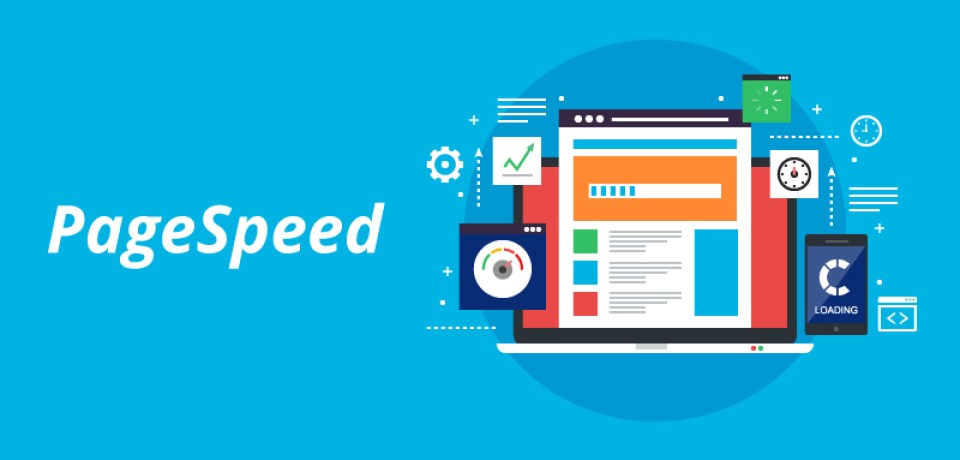In this SEO guide, I will be going over what I believe are the 7 most important basic principles when it comes to Search Engine Optimisation.
So you’ve just created your first website for your business and it’s now live for the world to see. Great! Now it’s time to put it to the test by using your SEO skills to branch out your market to a wider audience.
Writing LOTS of quality content

One of the most important elements to good SEO is almost always the most overlooked. Since recent updates to Google’s algorithm, SEO specialists have come to conclude that reliable and trustworthy content is what grabs its attention. This means you are structuring any pages or posts in a manner which the user can come away from your website having learnt something new.
Yoast SEO recommends that at a bare minimum, blogs should be reaching at least the 300 words mark. But this doesn’t necessarily mean that 300 words should be your target. Many sources out there have dug into the statistics and have found that the average content length in Google’s top 10 pages come in at around 2,000 words.
Now, this doesn’t mean that they favour these authors because they are meeting a certain mark. If you can write this much high-quality content AND keep your audience engaged, however, this means longer time spent on your website.
How you use your keywords

Researching the right keywords is absolutely essential for SEO. The right keywords are what truly define your content, letting search engines know more about your industry and who you are wanting to target.
At the same time, you also want to be ranking for keywords that your audience is actively searching for. You could be raking in the top three for a certain term but if this word doesn’t have a high search volume then it renders it useless.
There are plenty of keyword tools which you can use to your advantage online. I would highly recommend the Keyword Magic Tool provided by SEMrush, which allows you to create keyword campaigns which you can build a huge data collection with.
Page Titles, Meta descriptions, Headings & Sub-Headings
So now that you’ve found the best keywords which you want to utilise in your posts, you need to optimise more than just your written content.
Titles
This is the strongest indicator on results pages and will be what your audience will first see. Always ensure that your title tag:
- Has a unique name to the rest of your pages/posts
- Exceeds more than 60 characters
- Contains your target keywords
Meta Descriptions
This is the short excerpt which people see in a small snippet underneath the url. Meta descriptions should typically contain up to 160 characters.
You should include your keywords in this description in order to make it relevant to whoever is reading.
Headings & Sub-Headings
These are your <h1>, <h2> and <h3> tags. This is not visible on the search results page but structuring them properly is a crucial part of SEO.
You should only ever use one <h1> tag per page and this should contain your target keyword. Any subheadings should be in <h2> and <h3> tags. These should also include your keywords, but always remember to keep them reliable and not seem like you’re TRYING to include these terms as much as possible.
The Importance of URLs
The best SEO strategy when it comes to URLs is to keep them simple. What I mean by “simple” is that instead of using lengthy lists of numbers and letters, use descriptive terms.
If you can manage to use one of your target keywords then that will work in your favour even more.
NOTE: If you are editing live URLs on your website, don’t forget to use a 301 (permanent) redirect to avoid broken links.
Reduce Page Load Times

Search engines don’t favour slow site speeds. Google themself have declared that to them, page loading speeds are an SEO ranking signal.
You should be looking towards keeping page load times below 3 seconds, anything more than that can cause users to look for service elsewhere.
There are many tools to use out there, Google PageSpeed Insights [link] or GTMetrix [link] just to name a few.
Prioritise Mobile Responsiveness
Now more than ever, SEO experts are prioritising how responsive their websites are on mobile before any other platform. Why is this such a big deal? In 2015, websites noticed that they were being penalised by Google.
This is because nowadays, most website sessions are from people using the internet on their phones. So don’t overlook this step – you could lose lots of sales as a result!
User Experience
Last, but by for not least, most essential way to improve your sites SEO is to always think about your users. If you can’t navigate through your website properly or struggle to get to where you need to be, how can you expect your customers to do the same?
Always make sure each page that users might land on leads to an ultimate purpose. If you’ve created an online store to sell products to customers (for example), always make sure that they can clearly get from point A to point B.
In Conclusion
This SEO guide covers just some of the crucial strategies for great Search Engine Optimisation marketing. If you can manage to build these into your web page building routine, however, it should start to become natural to you!
The main point to take away from this article would be this: Google’s main goal is finding pages that provide the best User Experience. This means that the better quality pages/posts that you publish, the better you’ll rank.
If you’re looking to supplement your marketing efforts with an effective Search Engine Optimisation strategy, get in touch with us today at Be My Social to see how we can help!

